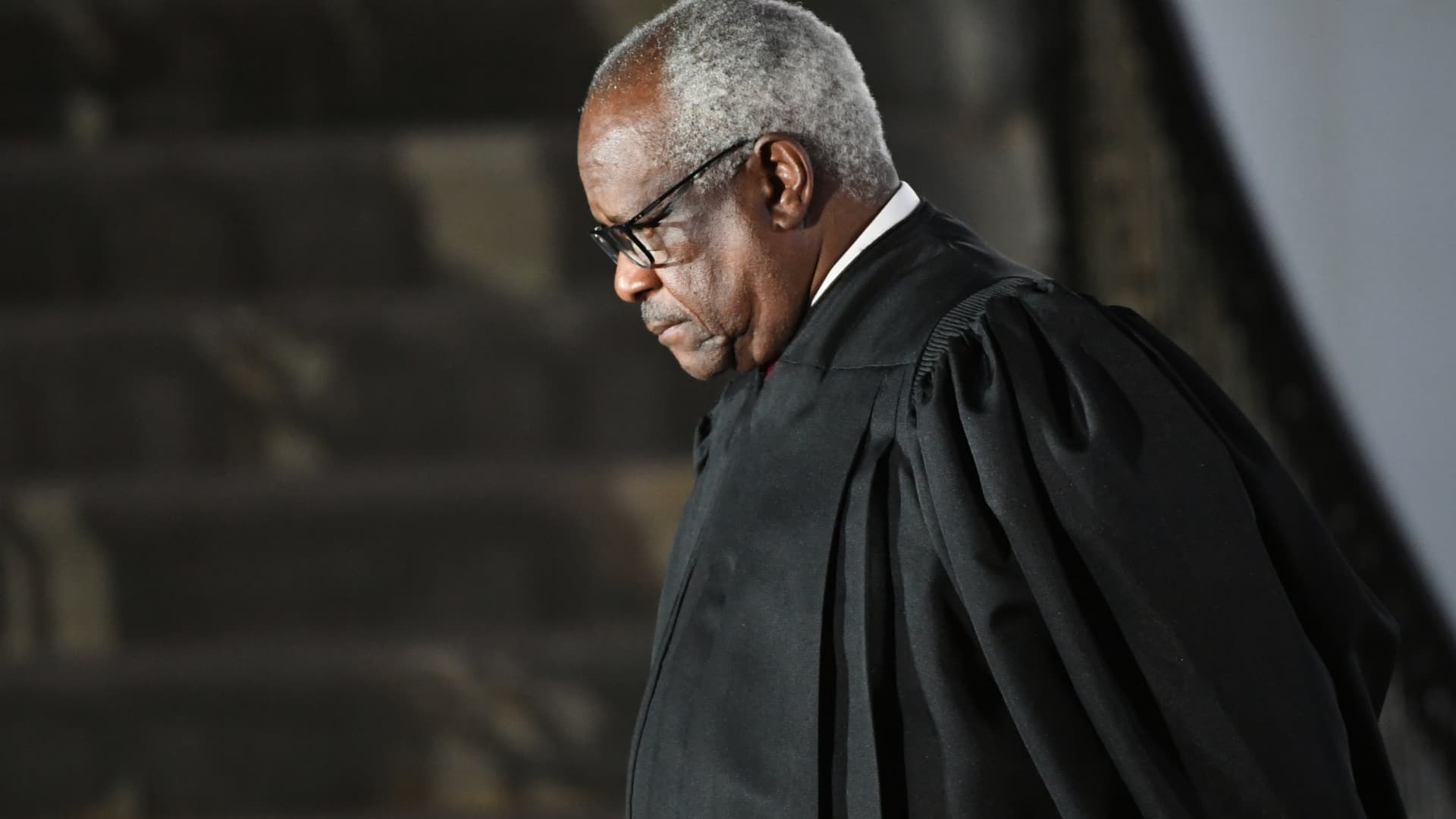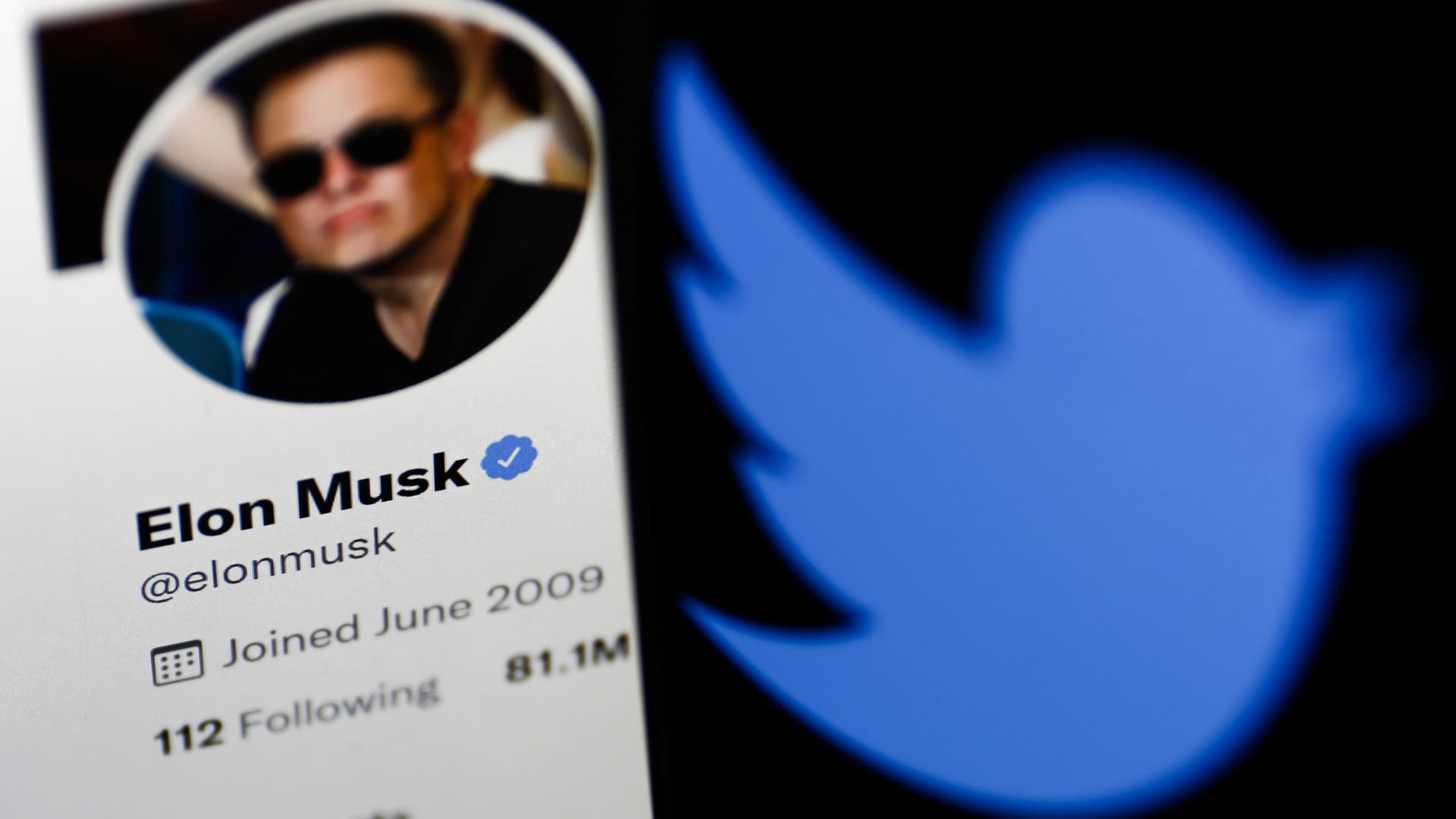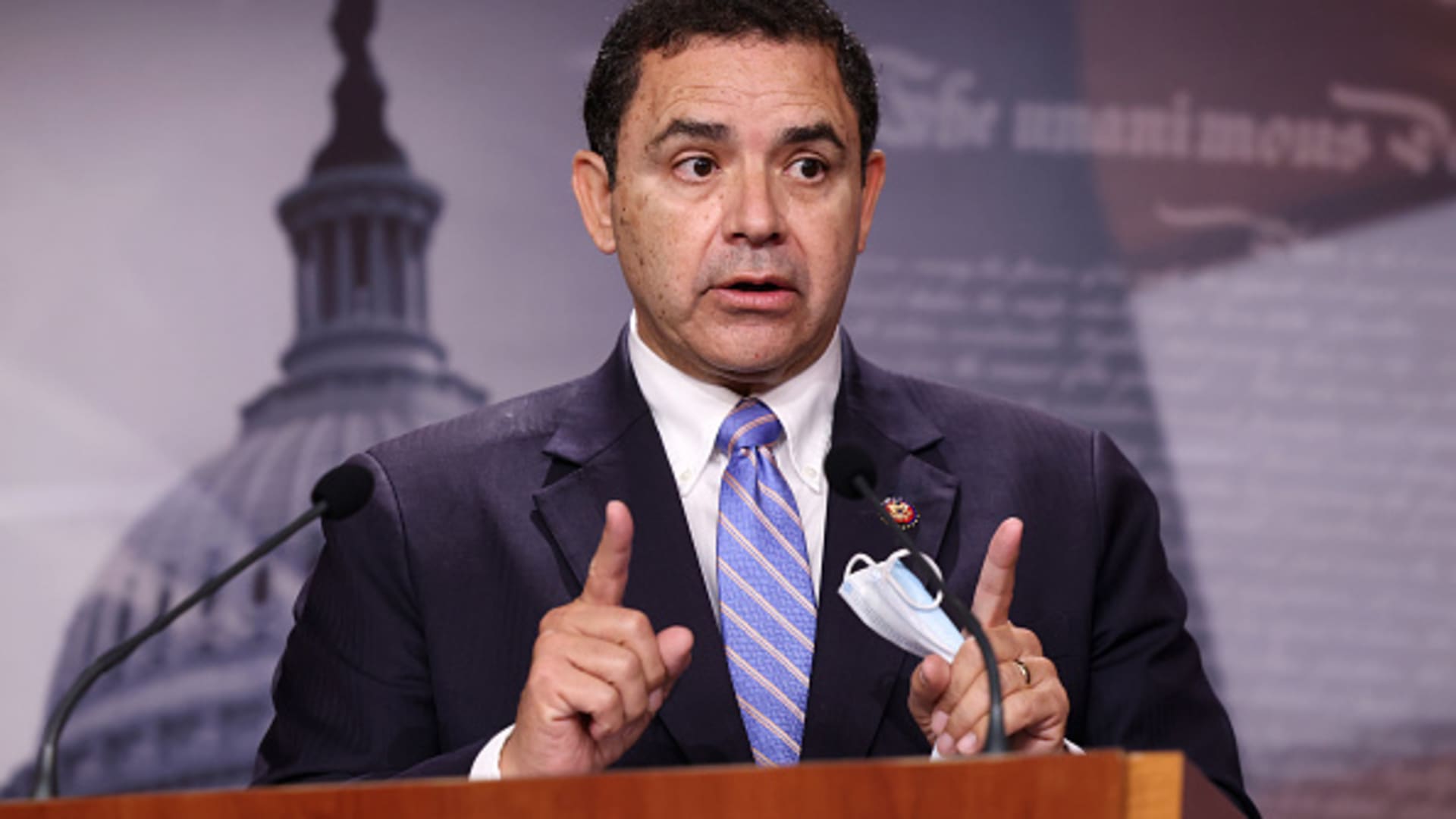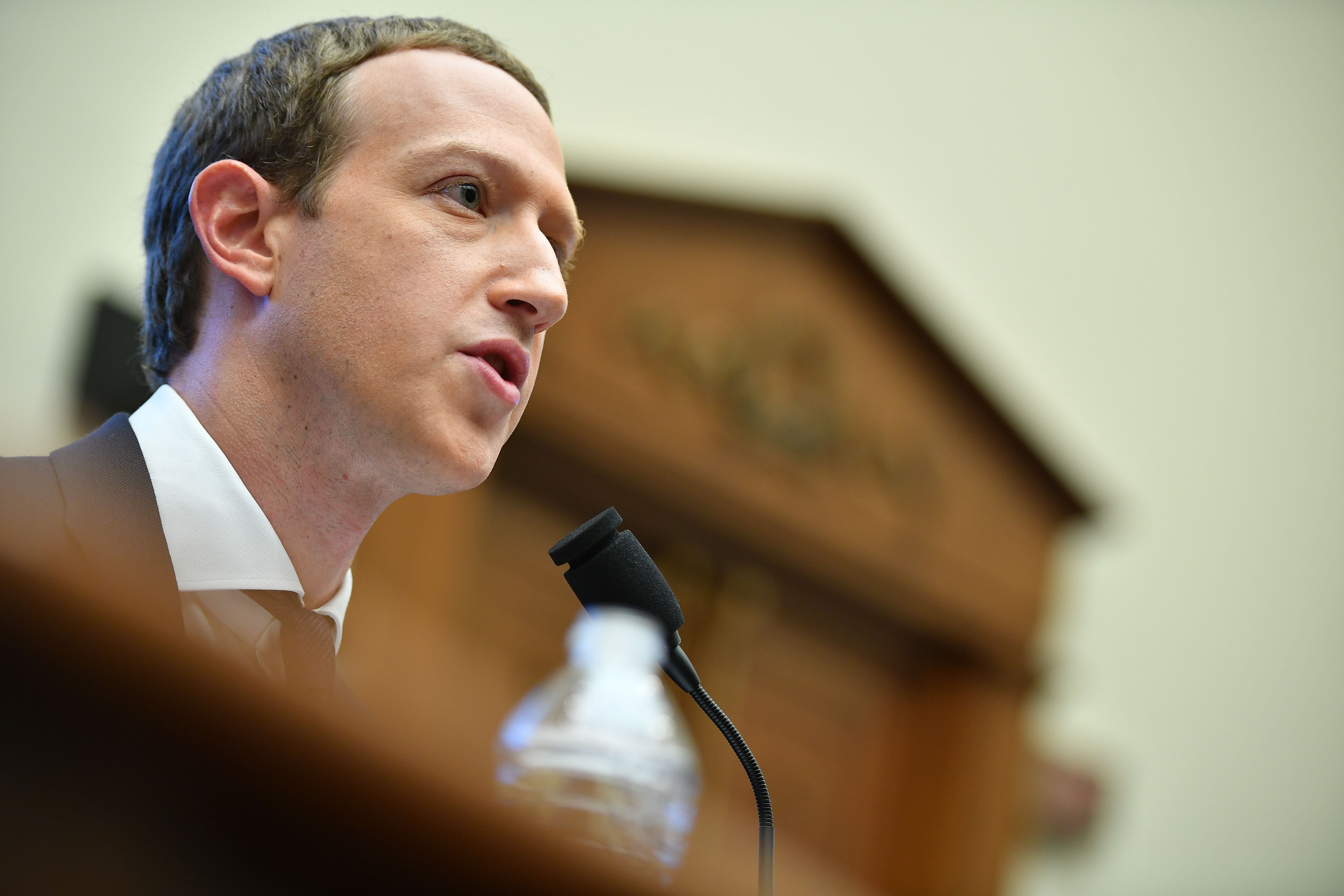SpaceX and T-Mobile team up to use Starlink satellites to 'end mobile dead zones'
SpaceX CEO Elon Musk said the service will work with Starlink's second generation satellites
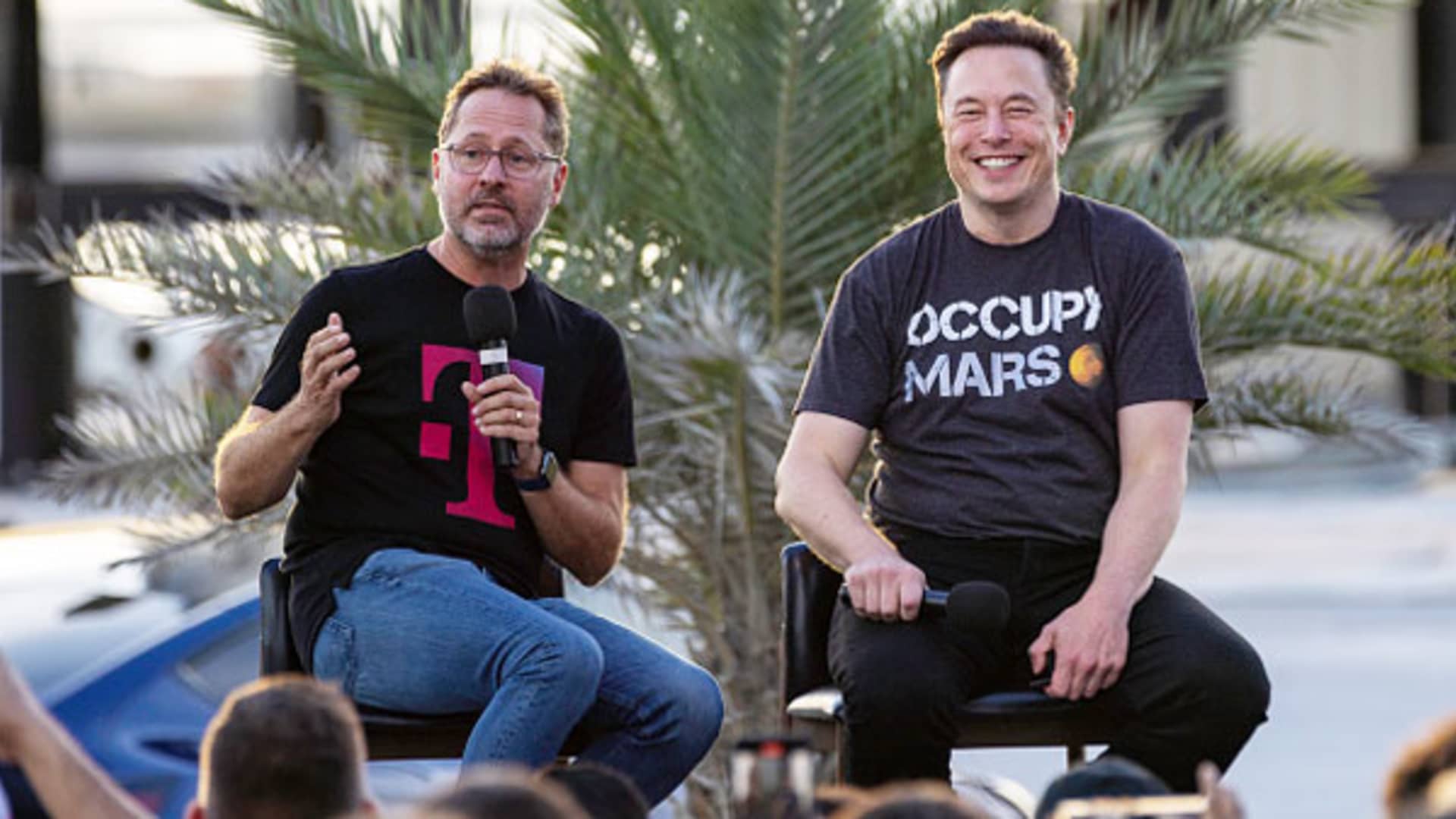
SpaceX founder Elon Musk and T-Mobile CEO Mike Sievert on stage during a T-Mobile and SpaceX joint event on August 25, 2022 in Boca Chica Beach, Texas.
Michael Gonzalez | Getty Images
SpaceX founder Elon Musk and T-Mobile CEO Mike Sievert said that their companies are working to "end mobile dead zones," and will launch a new mobile service enabled by Starlink second-generation satellites and T-Mobile bandwidth.
Starlink is comprised of a network of satellites that SpaceX has launched into low Earth orbit, and designed to deliver high-speed internet in remote locations across the globe. SpaceX has launched more than 2,700 satellites to support this network.
Speaking at SpaceX facility in Boca Chica, Texas on Thursday night, Sievert said T-Mobile will be dedicating a "slice of its mid-band PCS spectrum" to be integrated into Starlink satellites launched next year.
T-Mobile users will be able to use messaging, MMS and certain messaging apps, from remote points across the lower 48 states, Alaska, Puerto Rico and Hawaii and even some remote points in the water.
Eventually, the service will work with voice, Sievert said. T-Mobile plans to include the service in its most popular mobile plans but did not disclose specific pricing.
Musk said the service will work with Starlink's second generation satellites, which have very large antennae and will be able to transmit directly to a cell or mobile phone.
The service won't require mobile users to get a new phone. Musk said in or after a natural disaster, even if all the cell towers are taken out, the planned service should work.
Musk specified, "This won't have the kind of bandwidth a Starlink terminal will have, but this will enable texting, it will enable images and if there aren't too many people in the cell zone, you can even potentially have a little bit of video." He added, "We will no longer read about these tragedies that happened where people got lost an if only they could have called for help they'd be ok."
T-Mobile will also offer "reciprocal roaming," so that visitors to the US from outside the country can use the service if they also partner with SpaceX to enable this service globally. Musk and Sievert invited carriers overseas to join their alliance.
Shares of T-Mobile closed up by a point on Thursday at $147.07 and were trending slightly higher after hours.
As CNBC Pro previously reported, Morgan Stanley analysts wrote in a note on the sector this week that they favored T-Mobile as a top pick within telecom services, and they "expect T-Mobile to continue to take share, driving superior top- and bottom-line growth, with the buyback likely to commence soon."
-- CNBC's Michael Sheetz contributed reporting.
This is a developing story. Please check back for updates.

 JaneWalter
JaneWalter 








